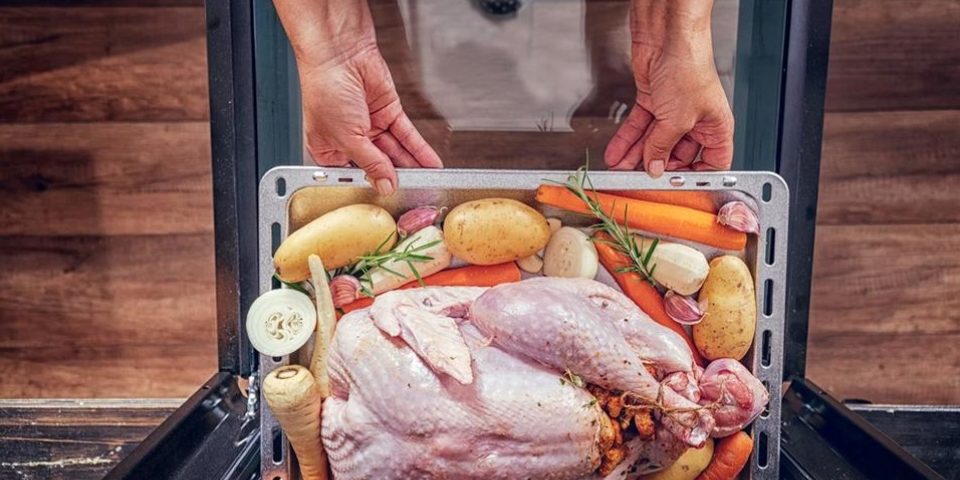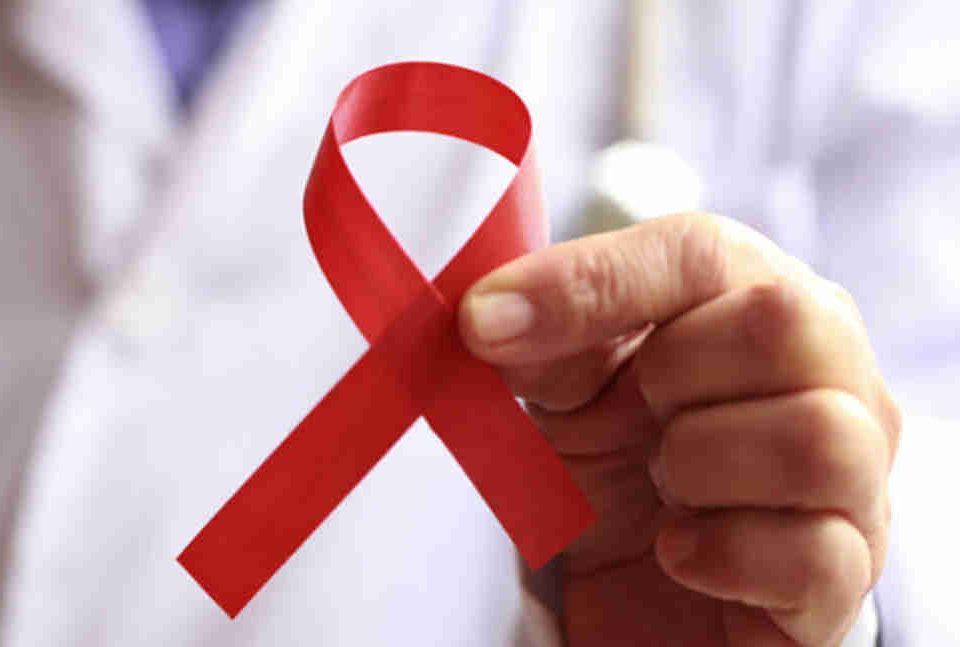- 如有疑问,请联系电邮
- customer@ihealth66.com
USNEWS:把感恩节餐桌上的火鸡沙门氏菌拒之门外

美国CDC:为什么HPV疫苗重要?
2018年11月21日
USNEWS:肝硬化是什么?
2018年11月23日AS AMERICANS PREPARE TO cook and consume nearly 50 million turkeys on Thanksgiving Day, an ongoing outbreak of salmonella poisoning linked to the poultry means food safety at home is more critical than ever.
Federal health officials have identified no single source of the outbreak of Salmonella Reading, which has sickened at least 164 people in 35 states during the past year.
As of Nov. 5, the bacterial strain has led to 63 hospitalizations and, in California, one death.
Many who fell ill reported preparing or eating such products as ground turkey, turkey parts and whole birds. Some had pets who ate raw turkey pet food; others worked at turkey processing plants or lived with someone who did.
Late Thursday, Jennie-O Turkey Store Sales LLC of Barron, Wisconsin, recalled more than 91,000 pounds of raw ground turkey products that may be connected to the illnesses.
There is no U.S. requirement that turkeys or other poultry be free of salmonella — including antibiotic-resistant strains like the one tied to the outbreak — so prevention falls largely to consumers.
That means acknowledging that the Thanksgiving turkey you lug home from the grocery store is likely contaminated, said Jennifer Quinlan, an associate professor in the Nutrition Sciences Department at Drexel University.
“They absolutely should assume there’s a pathogen,” she said.
Last year, right after the holiday season, Quinlan and her colleagues surveyed more than 1,300 U.S. consumers about their turkey-handling habits. Most, they found, fail to follow safe practices, despite decades of public health warnings.
Ninety percent of those surveyed washed raw birds in the sink, even though that can spread dangerous bacteria. Fifty-seven percent reported always or sometimes stuffing a turkey before cooking instead of baking dressing separately, and 77 percent said they left a cooked bird in a warm oven or at room temperature.





